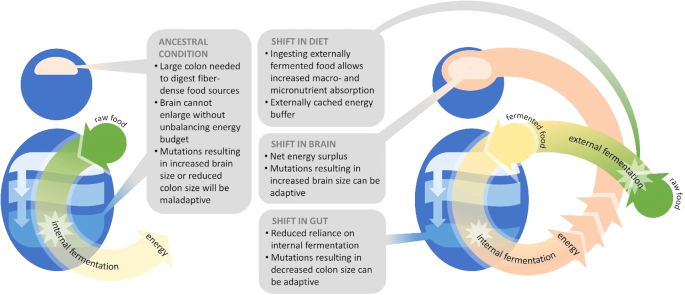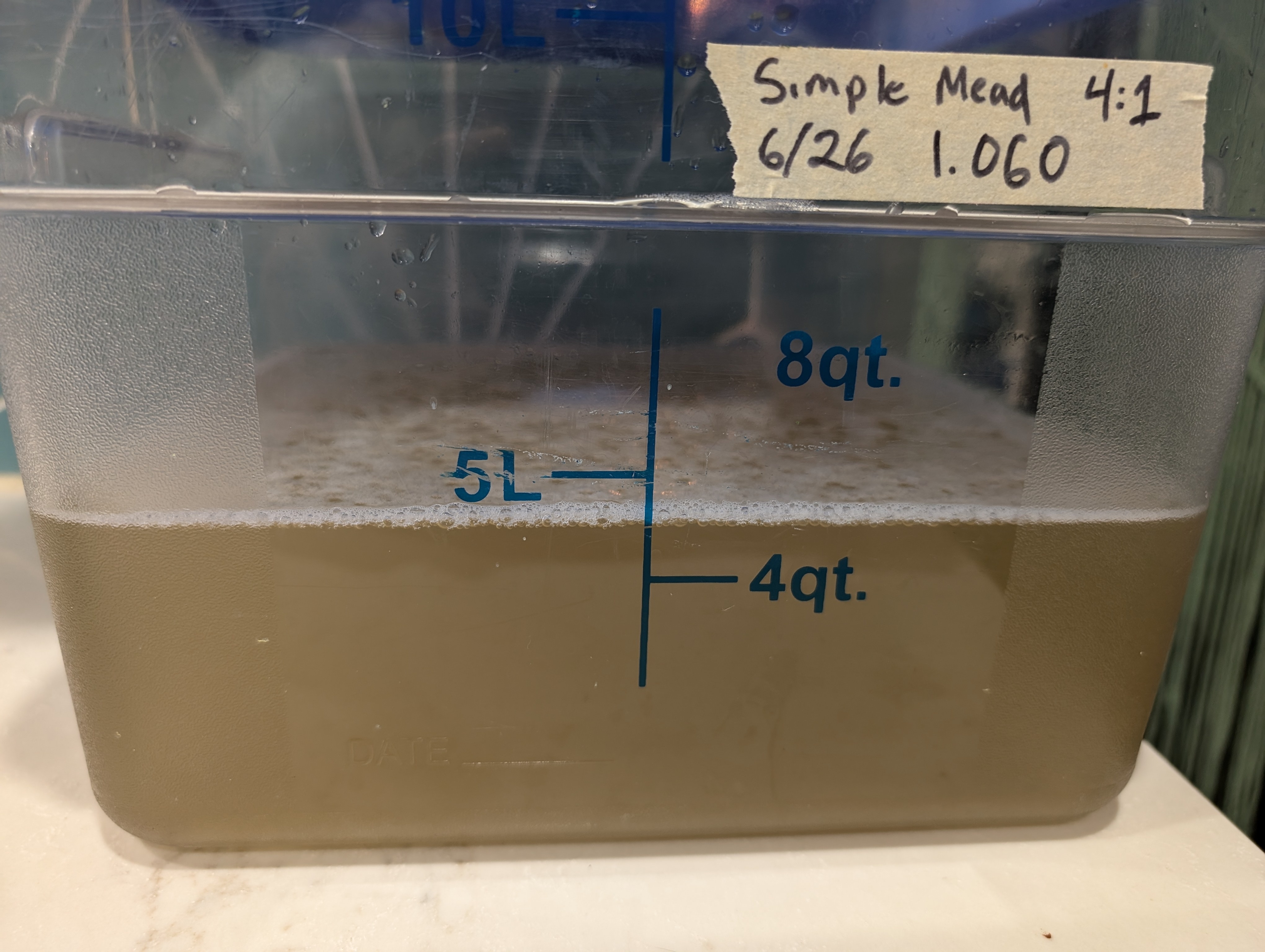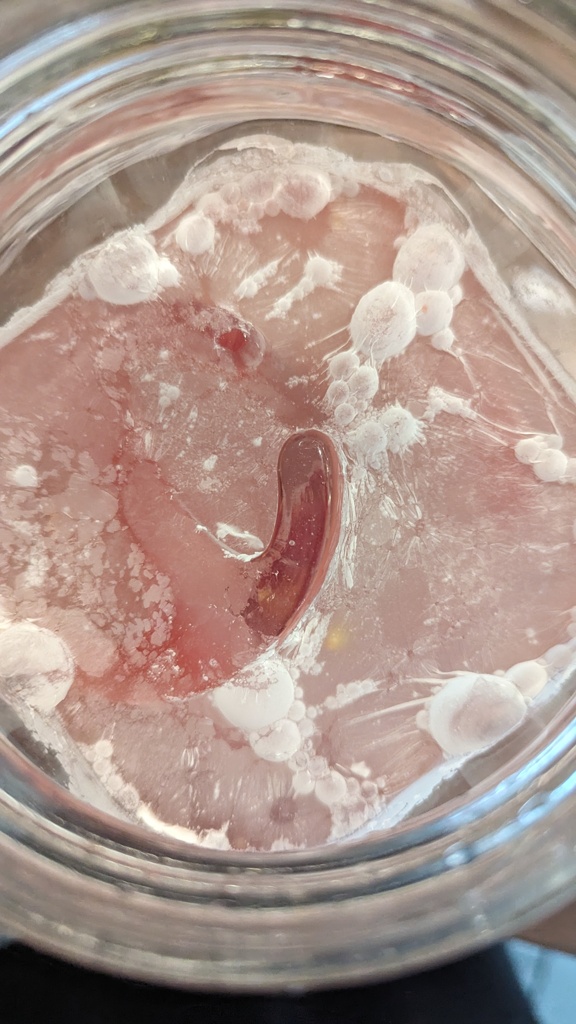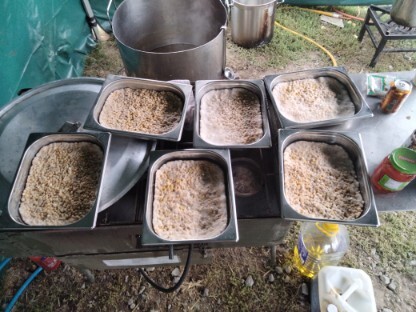Traditional Eastern/Asian recipes that don't need to "burp"
I’m thinking mostly of turşu (torshi) and kimchi.
Traditionally, these vegetables are able to ferment fully sealed for weeks, months, or even years. My family ferments turşu for 6 weeks and they fill that bottle to the brim with no problem. But I have seen many reports of people doing European style fermentation who have popped lids and made a mess because they didn’t “burp” the jar.
So what is the difference that makes them not need to release pressure? Can they be made in a metal lid mason jar?
Also, there is vinegar in turşu solution - anywhere from 10% to 50% volume depending on the recipe. Some recipes boil the solution before adding to the jar. I have read many people say both vinegar and boiling will kill your culture, but I have seen both done and they definitely work. Any insights on this?
Potential mold on miso ferment?
Hello fellow fermenters, a year ago I started to make miso, I planned to let it ferment for a year so today I went to check on it. However I noticed something that I think looks like mold. But I would like a second opinion before I toss it in the trash. The miso has been fermenting in a glas jar with an airlock, that I forgot about and didn't refill with water. On top of the miso I also placed a plastic bag filled with salt.
Lactofermented Chutney?
I was given some apricot chutney, and it was so delicious I'm inspired to make some myself. I've done lactofermented things like hot sauce, kraut and kimchi. So I'm curious to access the Group Mind: What are your lactofermented chutney recipes, and tips for lactofermentation? :-D
Fermentation technology as a driver of human brain expansion - Communications Biology
Fermentation technology as a driver of human brain expansion - Communications Biology
https://www.nature.com/articles/s42003-023-05517-3
As brain tissue is metabolically expensive, the evolutionary expansion of human brains required shifts in energy intake and metabolism. The External Fermentation Hypothesis proposes that a shift to consumption of externally fermented foods in human ancestors permitted a reduction in gut tissue required for internal fermentation, facilitating brain expansion.






